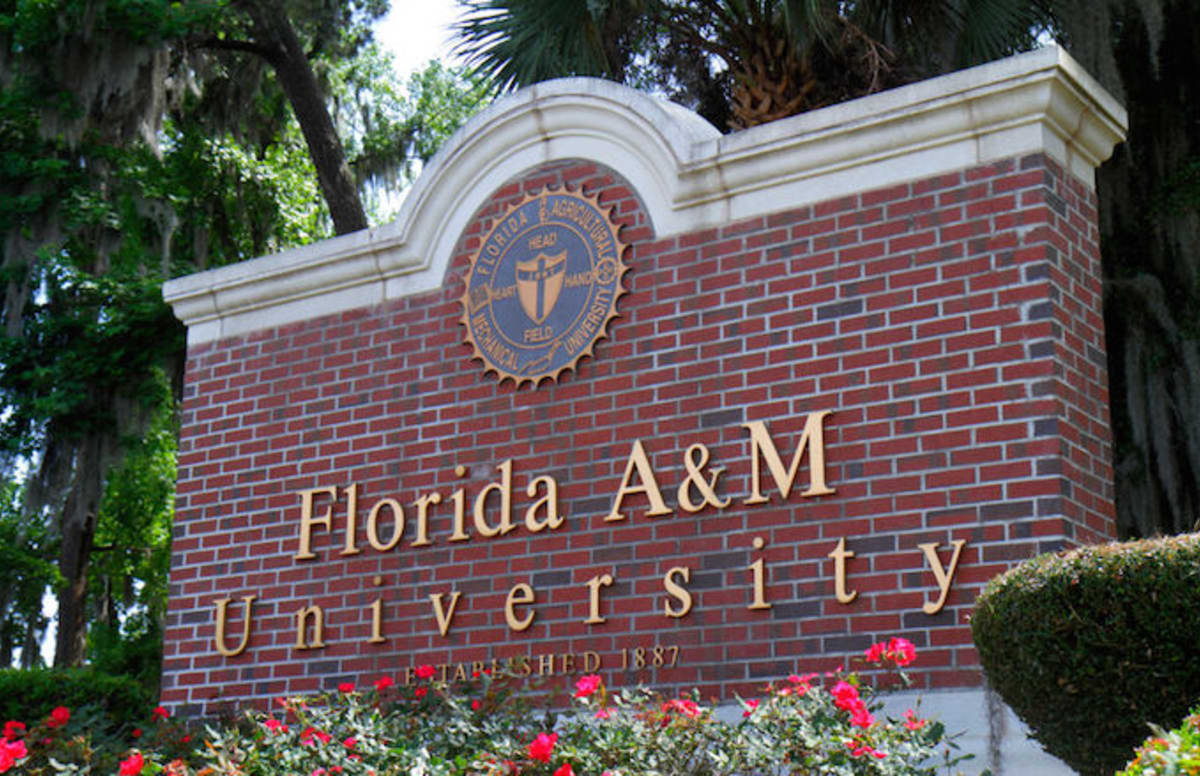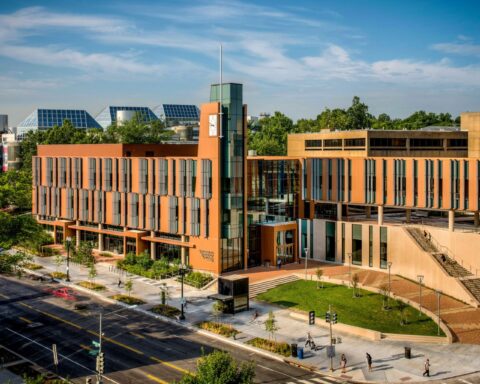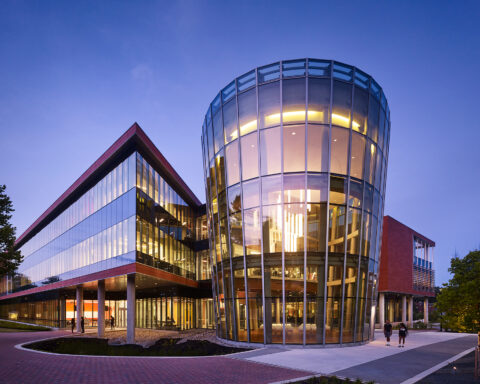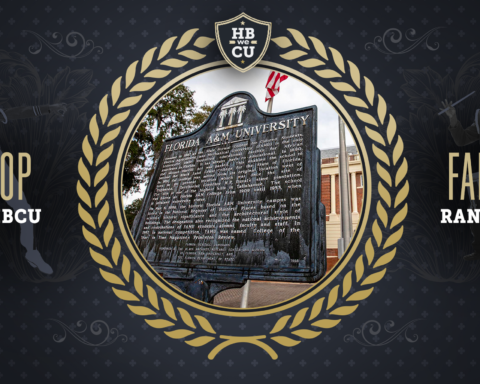By Byron Dobson
Florida A&M University moved up 13 slots – from 117 to 104 – among the nation’s top national public universities, according to U.S. News & World Report’s “Best Colleges 2022” guidebook released Monday.
The landing places FAMU as the highest-ranking public historically black college or university in the country for the third consecutive year.
Additionally, FAMU now stands alone as the highest-ranked public HBCU at No. 7 among the publication’s ranking of the Top 10 Historically Black Colleges and Universities, public or private.
“Moving up 13 places is a testament to our focus on student success and the dedication of our faculty, staff and students to the tenets of our strategic plan, FAMU Rising,” FAMU President Larry Robinson, said in a release. “Our intentionality and teamwork allow us to focus acutely on opportunities and more effectively address challenges.”
The university is hosting a celebration of its rankings during a public event at 5 p.m. Wednesday at the Lawson Center.
The university’s current five-year plan (2017-2022), places a key emphasis on improving retention, six-year graduation rates, expanding faculty research options, improving infrastructure and customer service.
The plan, which is currently being updated, has resulted in several gains for the university.
This year, the university increased its overall points gained in achieving metrics set by the Board of Governors from 73 in 2020 to 79 in 2021, marking its highest increase in history. As a result, FAMU will see $12.65 million from the state investment along with $14 million from its own investment, for a total of $26.7 million in performance-based funding.
For the fall semester 2021, FAMU had 7,871 first-time-in-college students apply, up from 7,588 last fall. Of those, 2,293 were admitted.
The average GPA for admitted students increased to 3.8 compared to 3.74 in 2020.
The U.S. News & World Report’s guidebook includes reviews of 392 institutions, including 209 public, 179 private and four for-profits offering undergraduate majors as well as master’s and doctoral degrees.
The institutions are ranked in categories such as graduation and retention rates, undergraduate academic reputation, faculty resources and social mobility, a key metric that has long been important to Robinson.
FAMU moved up seven places to No. 13 in the U.S. News & World Report Social Mobility Index, a reflection of the six-year graduation rate of Pell grant eligible students, according to the release.
FAMU ranks second among State University System institutions for social mobility behind Florida International University, which is ranked sixth.
Robinson often refers to the Social Mobility Index as an important factor in defining the ability of HBCUs, and FAMU in particular, in growing the Black middle class.
“I am especially excited by our rise in the Social Mobility Index ranking because it reflects our 133-year commitment to transforming the lives of students regardless of their socioeconomic status or whether they are among the first in their family to attend college or are from a long line of Rattlers,” Robinson said. “At FAMU, our faculty and staff recognize the promise in every student and understand society’s need for the contributions of our graduates.”
The latest rankings come as Robinson and FAMU’s Board of Trustees focus on FAMU reaching the Top 100 among public universities nationally.
“The rise in our rankings illustrates what we can do with a focused plan and improved investment, both of which are critical to our success. It is a statement about a joint effort between our Board and the President to establish and stick with key priorities,” FAMU Board of Trustees Chairman Kelvin Lawson said. “We want to continue to push the envelope and focus on ongoing improvement in our operating model as we continue our march to the top 100 colleges and universities in the nation.”







